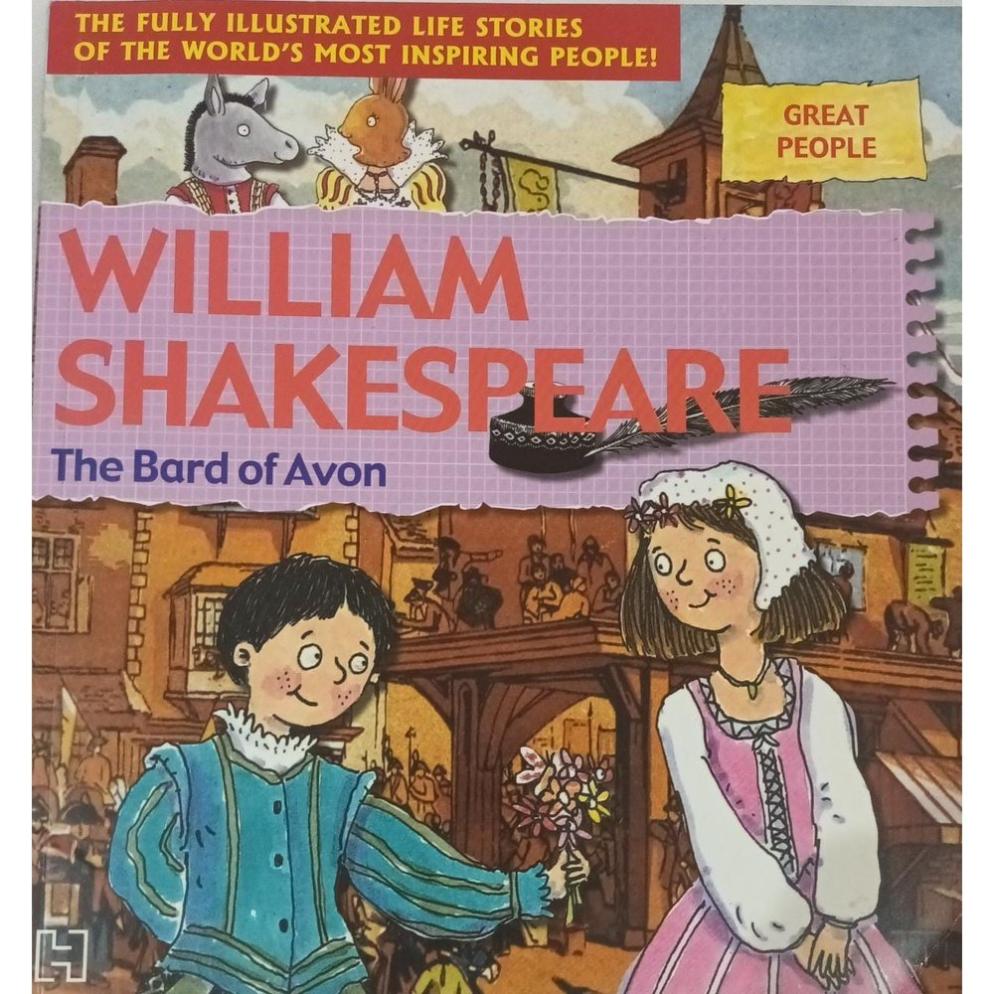What Are the Major Themes Explored in Shakespeare's Plays?
William Shakespeare, often referred to as the Bard of Avon, is widely regarded as the greatest writer in the English language. His plays have transcended time and culture, captivating audiences for centuries with their profound insights into the human condition. This article delves into the major themes explored in Shakespeare's plays, highlighting their universal appeal and enduring relevance.

Thesis Statement:
Shakespeare's plays explore a wide range of major themes that resonate with audiences across cultures and time periods, delving into the complexities of love, power, identity, justice, and the human experience.
I. Theme Of Love:
Love, in its various forms, is a central theme in Shakespeare's plays:
Romantic Love:
- Romeo and Juliet: The tragic love story of two star-crossed lovers.
- Antony and Cleopatra: The passionate and tumultuous love affair between a Roman general and an Egyptian queen.
- A Midsummer Night's Dream: The comedic entanglements of four young lovers in a magical forest.
Familial Love:
- King Lear: The tragic tale of a king's misguided decisions and the consequences they have on his family.
- The Winter's Tale: The story of a king's jealousy, loss, and eventual redemption through the power of love.
Friendship And Loyalty:
- Henry V: The portrayal of the bond between a king and his loyal followers.
- The Merchant of Venice: The friendship between Antonio and Bassanio, tested by greed and betrayal.
Shakespeare's plays explore the complexities and challenges associated with love, often serving as a catalyst for conflict and tragedy.
II. Theme Of Power And Ambition:

The pursuit of power and its corrupting influence is a recurring theme in Shakespeare's plays:
Macbeth:
- Macbeth's descent into tyranny and madness driven by his ambition to become king.
Richard III:
- Richard's ruthless manipulation and scheming to secure the throne.
Julius Caesar:
- Caesar's struggle with the consequences of his ambition and the moral dilemmas he faces.
Shakespeare examines the relationship between power and responsibility, highlighting the dangers of unchecked ambition and its consequences on individuals and societies.
III. Theme Of Identity And Self-Discovery:
Shakespeare's plays delve into the exploration of identity and the search for self-knowledge:
Hamlet:
- Hamlet's existential musings and struggle with his identity and purpose.
As You Like It:
- Rosalind's journey of self-discovery and transformation through disguise.
Twelfth Night:
- Malvolio's transformation from a pompous steward to a ridiculous figure of fun.
Shakespeare uses disguise and mistaken identity to explore characters' understanding of themselves and others, emphasizing the significance of self-awareness and the journey toward self-acceptance.
IV. Theme Of Justice And Revenge:
The pursuit of justice and the complexities of revenge are central themes in Shakespeare's plays:
Hamlet:
- The cycle of violence and retribution as Hamlet seeks revenge for his father's murder.
The Merchant Of Venice:
- Shylock's quest for justice against Antonio's mistreatment.
Titus Andronicus:
- The moral dilemmas faced by characters seeking revenge in the face of injustice.
Shakespeare explores the ethical and moral implications of revenge, questioning its effectiveness and the consequences of seeking justice through violent means.
Shakespeare's plays explore a wide range of major themes that resonate with audiences across cultures and time periods. These themes, including love, power, identity, justice, and the human experience, are universally relevant and timeless. Shakespeare's profound insights into the human condition continue to captivate audiences, making his plays enduring masterpieces of literature.
The enduring appeal of Shakespeare's plays lies in his ability to delve into the complexities of human nature and explore universal themes that transcend time and culture. His plays continue to be studied, performed, and enjoyed by audiences worldwide, cementing his legacy as one of the greatest writers in history.
YesNo

Leave a Reply